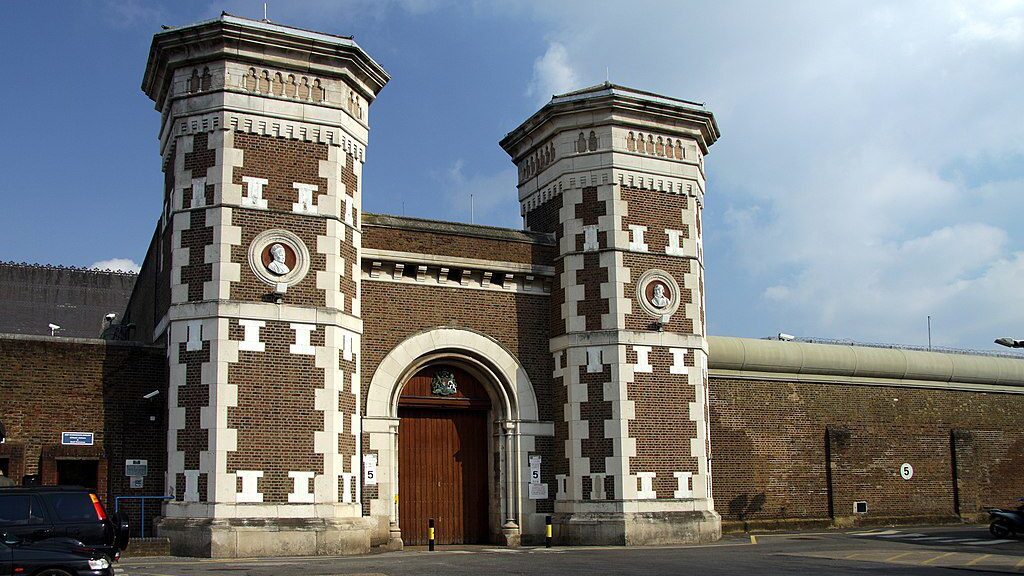
Main gate to the HM Prison Wormwood Scrubs in London, England, Great Britain
Photo: Chmee2, CC BY-SA 3.0, via Wikimedia Commons
Labour’s early release scheme, launched to reduce overcrowding in British prisons, has now in error freed more than 30 prisoners who were never eligible for inclusion in the programme. Further denting the reputation of an already catastrophic government initiative, the latest revelation came on Thursday, September 26th.
Tucked away among the 1,750 prisoners who became eligible for release after serving just 40% of their sentences (down from the original 50% minimum) were approximately three dozen offenders who are not eligible for the new programme at all.
Speaking to the Daily Mirror newspaper, the Ministry of Justice said:
The convictions remain valid with offenders monitored since their release and they will soon be back behind bars …. Public safety is our first priority.
Most of the 37 people incorrectly released, who had been jailed for the offence of breaching restraining orders, are now back inside, while five remain at large. The stalking-adjacent convictions of these temporarily freed men would likely add to the insecurity felt by their victims, who do not wish to see the return of their tormentors to UK streets.
Since its election in July, Sir Keir Starmer’s Labour government claimed to have inherited a “prisons crisis” from the previous Conservative administration. The idea of an early release scheme—only excluding prisoners sentenced for four years or more for “serious violent offences”—was to free up space in the male carceral estate. Following riots after the deaths of three young girls in a knife attack on a Southport dance class, Starmer also claimed to be preparing for the public disorder convictions which would promptly increase the prison population.
While some friends and families of criminals celebrated by laying on champagne breakfasts for their peers on release, the scheme has been met with an incredulous response elsewhere. This month’s first tranche of 1,700+ prisoners to be released across England and Wales will be joined by more in October. A proportion of the September cohort are already back behind bars, having either breached the terms of their release or in some cases seriously reoffended with new crimes. Others have failed to connect with the probation service or not been fitted with an electronic tagging device, due a lack of available equipment.
The early release scheme goes against the idea of justice by making prison capacity, rather than time served or rehabilitation completed, the criteria for ending individual sentences. It further adds to the sense that, from shoplifting to knife crime, law and order in Britain has seriously broken down.
